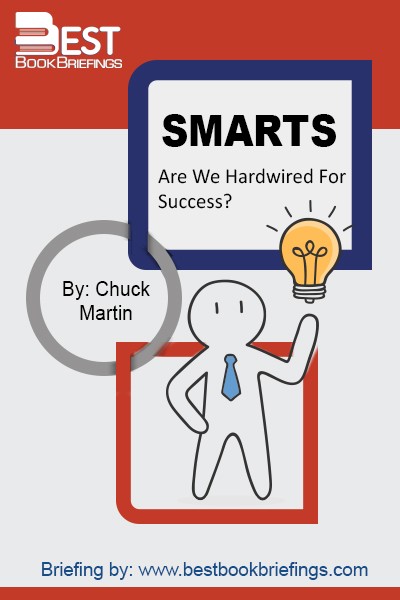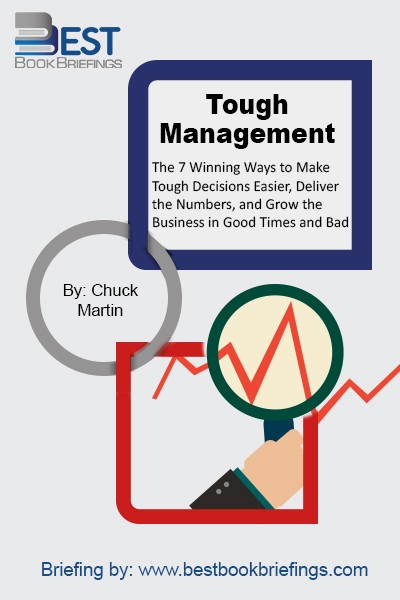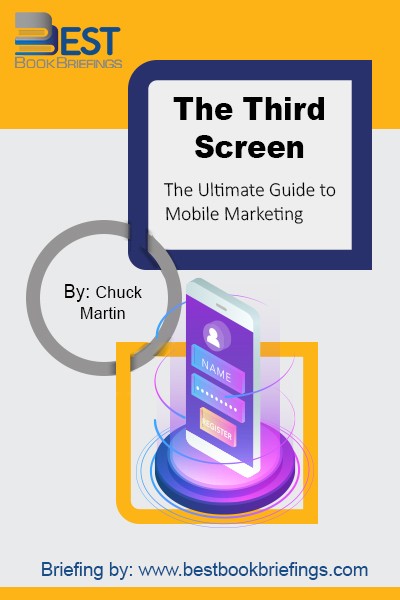SMARTS
Are We Hardwired For Success?
Editorial Review
You may consider yourself to be an organized person, or a procrastinator, or sometimes forgetful. May be you see yourself as someone who gets things done, highly flexible, cool under pressure, or good at managing time. Although you might be accurate in some of your self-assessment, there has been no way to precisely define each of these attributes, or to show their relationship to each other. These are actually brain functions or cognitive skills that neuroscientists have located in specific regions of the brain; primarily the frontal lobes. These functions develop starting at birth and they are hardwired into every individual. Brain researchers have found that these skills are fully developed by the time you become an adult. These skills are called “Executive Skills” because they help you “execute” tasks. Executive skills help you make decisions about what you should focus on, both what’s worth dealing with and what should be ignored, and they help independently manage your own behavior. They temper and adjust your emotions, help you review and modify your actions, and fine-tune your response as you move from one issue or activity to the next.
Book Reviews
Books on Related Topics

We all want to be better than average. We want to be A+. What does it take to be A+? The essence of being A+ is that we need to realize strengths in ourselves and others. We need to become and continue becoming the best that we can be, as well
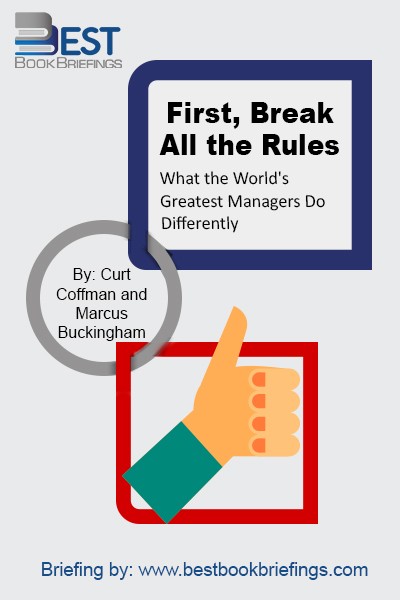
This New York Times bestseller (and the international bestseller) list for 93 weeks. Time Magazine listed the book as one of The 25 Most Influential Business Management Books. Based on in-depth interviews with more than 80,000 managers at all levels (and in companies of all sizes), the Gallup Organization’s Buckingham and
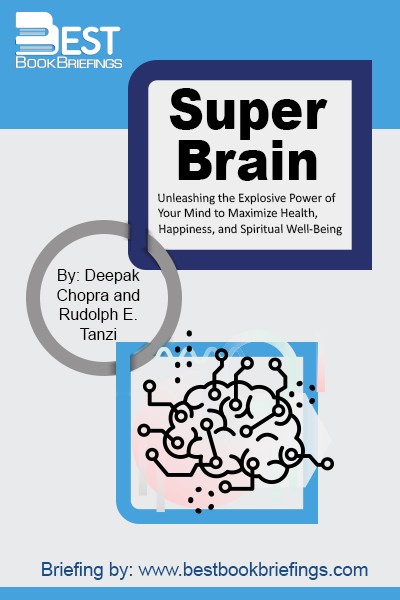
Your brain contains roughly 100 billion nerve cells forming anywhere from a trillion to perhaps even a quadrillion connections called synapses. These connections are in a constant, dynamic state of remodeling in response to the world around you. To create a golden age for your brain, you need to use the
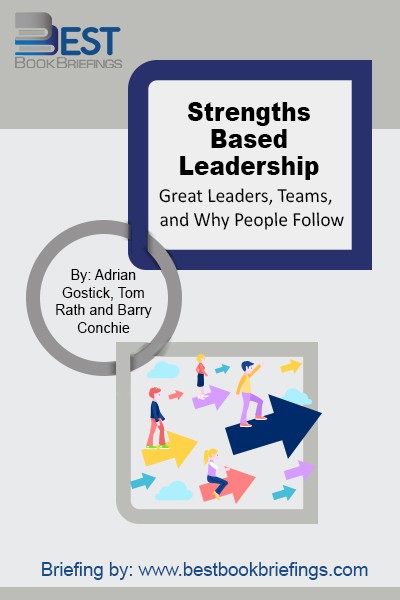
In Strengths Based Leadership, #1 New York Times bestselling author Tom Rath and renowned leadership consultant Barry Conchie reveal the results of their research. Based on their discoveries, the book identifies three keys to being a more effective leader: knowing your strengths and investing in others’ strengths, getting people with the

It's the stage where we engage with the real world, where we figure out how to use our strengths to make a tangible contribution, where we deal with people who don't agree on what our strengths are, or who don't care, or who do care, but want us to focus them

Guided by the belief that good is the opposite of bad, mankind has for centuries pursued its fixation with fault and failing. Doctors have studied disease in order to learn about health. Psychologists have investigated sadness in order to learn about joy. Therapists have looked into the causes of divorce in

